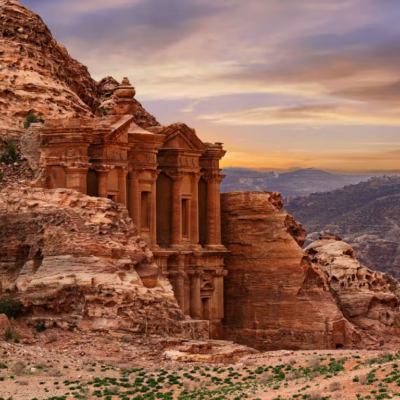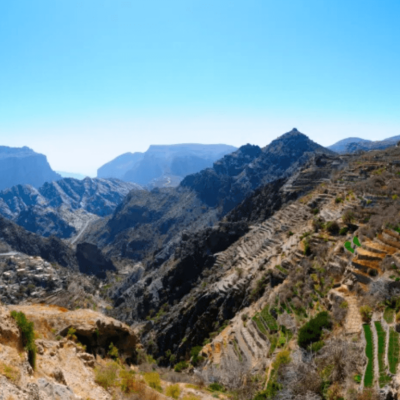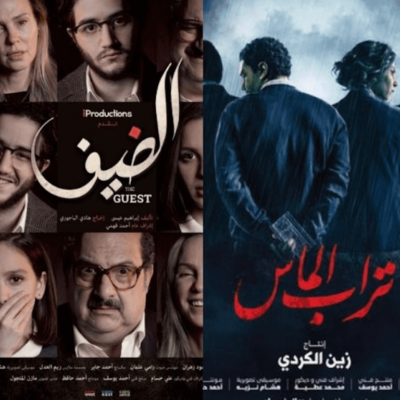Essential Egypt Travel Tips: Visas, Packing Must-Haves, and the Best Ways to Explore

Whether you want to sail down the Nile on a traditional felucca, explore ancient temples, browse the fascinating museums of Cairo, or go trekking in Sinai, Egypt offers a wealth of unique experiences. However, there are a few key things to bear in mind when planning your trip to this historic destination. Here’s what you need to know about visas, tipping, packing, and more to make your visit smooth and memorable.
Do I Need a Visa?
Almost all travelers, including those from the UK, EU, and many other countries, will need a visa to visit Egypt. While it’s possible to get a visa on arrival, applying online ahead of time can save you time and hassle at the airport. The cost for a single-entry tourist visa is US$25 (approximately £20).
If you plan to stay in the resort towns in Sinai for fewer than 15 days, you do not need a visa. Instead, you’ll receive a ‘permission stamp’ in your passport when you land at Sharm el-Sheikh International Airport. While this option is a convenient and affordable alternative, keep in mind that the places you are permitted to visit are limited. For example, even popular destinations like Ras Mohamed National Park at the southern tip of Sinai require a full visa for access.
What Should I Pack?
When packing for Egypt, it’s important to remember that it is a predominantly Muslim country, so dressing modestly is not only respectful but often required, especially in certain areas. For all genders, this generally means covering everything between your shoulders and knees. When visiting religious sites such as mosques or churches, you may be asked to cover your head or wear more conservative attire. Light and breathable clothing is essential, but make sure it’s not too revealing.
A few additional things to consider when packing:
- Water: Tap water in Egypt is not safe to drink. To avoid any potential stomach issues, bring a reusable water bottle with a built-in filter, like those from Lifestraw. Bottled water is widely available, but carrying your own filtered bottle will save you money and help the environment.
- Wi-Fi & Communication: Internet access is notoriously unreliable in Egypt, ranging from frustratingly slow connections to complete lack of service in certain areas, even in high-end hotels. Consider getting mobile data through your current service provider or buying a local SIM card at the airport once you arrive.
- Sunscreen and Hats: Egypt can be hot and sunny, especially during the summer months. Make sure to pack plenty of sunscreen, a wide-brimmed hat, and sunglasses to protect yourself from the harsh sun.
Can I Pay by Card in Egypt?
While card payments are accepted at some higher-end hotels, restaurants, and tourist attractions, cash remains the preferred method of payment in Egypt. Upon arrival, it’s advisable to take some Egyptian pounds out of an ATM to cover your daily expenses. Be mindful of the fluctuating exchange rate and only withdraw what you’ll need.
For larger expenses, such as high-end hotel stays or guided tours, US dollars are widely accepted and sometimes the only foreign currency accepted, so it’s worth carrying a small amount with you.
Tipping (Baksheesh): A Cultural Norm
Tipping, known as baksheesh, is a deeply ingrained custom in Egypt and is expected in nearly every interaction, even for services you don’t request. Be prepared to tip everyone from the hotel porter to the toilet attendant at a rest stop. It’s customary to keep a small change with you at all times for tips, especially when visiting religious sites, temples, tombs, and historical landmarks. While the amount isn’t fixed, a few Egyptian pounds (EGP) for services like using public toilets or getting a short guide are common.
Should I Join a Tour or Travel Independently?
Egypt has long been a popular destination for package tours, dating back to Thomas Cook’s first trip to the country in 1869. Today, Egypt is well-suited for tour groups, especially for first-time visitors who might find it easier to navigate the country with the help of a guide. Tours typically include transportation and logistics, as well as a guide who can provide historical and cultural context for the incredible sights.
Given that many of Egypt’s historic sites, such as the Pyramids of Giza and the temples of Luxor, have limited signage, a tour guide can enhance your experience and ensure you gain a deeper understanding of the country’s rich history.
Alternatively, if you prefer more independence, it is possible to travel around Egypt on your own, especially with the country’s well-connected transportation system. However, certain places are more difficult to navigate without a guide, so consider booking guided tours for specific attractions like the Valley of the Kings or religious sites in Cairo.
Nile Cruises: A Must-Do Experience
A Nile cruise is one of the most iconic ways to explore Egypt, offering stunning views of the river and access to some of the country’s most famous historical sites. Most cruises run between Luxor and Aswan, with some extended trips starting from Cairo.
These cruises can range from budget to luxury, offering various amenities and itineraries to suit different travel styles. Some cruises also include expert guides who will provide commentary on the history and significance of the landmarks you pass, such as the Temple of Karnak, the Valley of the Kings, and the Temple of Philae.
Getting Around Egypt: Trains, Buses, and Internal Flights
Egypt has a well-developed transportation network that makes it easy to get from one city to another. Trains are a popular and affordable way to travel between Cairo, Alexandria, and Luxor. For longer distances, buses and internal flights are available and relatively inexpensive.
While buses are often the most cost-effective option, internal flights are a quicker way to travel long distances, such as from Cairo to Aswan or Luxor. Be sure to book flights early, especially during the peak tourist season, as they can fill up quickly.
Additional Tips for Traveling in Egypt
- Time Zone & Business Hours: Egypt is in the Eastern European Time Zone (GMT+2). Business hours can vary, but in general, most shops and attractions open from 9 a.m. to 5pm, with a long break for lunch. Many restaurants and cafes will stay open later in the evening, especially in tourist areas.
- Language: While Arabic is the official language of Egypt, English is widely spoken in major tourist destinations and hotels. Learning a few basic phrases in Arabic, such as “Shukran” (thank you), can go a long way in making a positive impression.
- Safety & Health: Egypt is generally a safe destination for travelers, though like in any major tourist location, it’s important to stay aware of your surroundings. Petty crime such as pickpocketing can occur, so keep your valuables secure. Also, make sure you’re up-to-date with any recommended vaccinations and take necessary precautions for food and water safety.
Egypt is a fascinating destination filled with history, culture, and adventure. Whether you’re exploring the bustling streets of Cairo, cruising down the Nile, or marveling at the ancient pyramids, there’s something for everyone in this timeless country. By planning ahead and understanding the cultural norms, you can ensure a smooth and unforgettable journey to Egypt.




